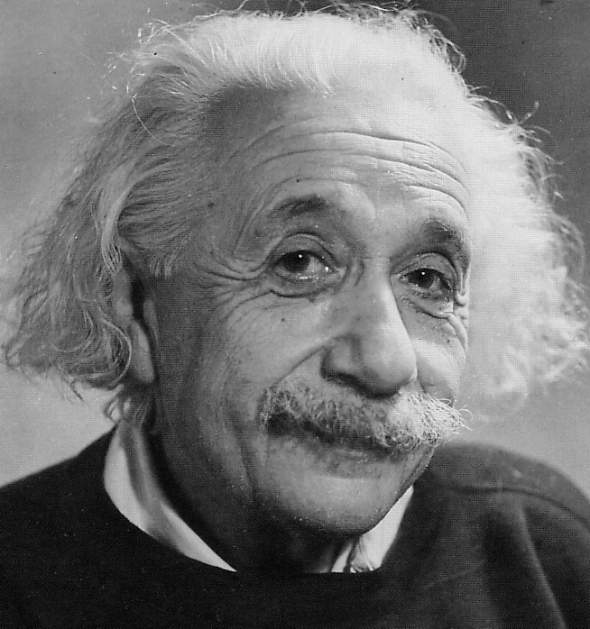Team:ESBS-Strasbourg/Team
From 2010.igem.org
(Difference between revisions)
| Line 964: | Line 964: | ||
<br> | <br> | ||
<p><b>ESBS - Ecole Superieure de Biotechnologie de Strasbourg</b></p> | <p><b>ESBS - Ecole Superieure de Biotechnologie de Strasbourg</b></p> | ||
| - | The | + | The three-year curriculum in Biotechnology is organized by the “Upper Rhine Universities” in Freiburg, Basel, Karlsruhe and Strasbourg. Students from France, Germany and Switzerland receive an interdisciplinary and intensive, trilingual education in biotechnology. |
| - | + | ||
| - | + | Most of the lectures take place at the École Supérieure de Biotechnologie de Strasbourg (ESBS) in Strasbourg. Intensive laboratory courses and internships are offered by the universities Basel, Freiburg and Karlsruhe.The languages for lectures and exams are French, German and English. | |
| - | + | ||
| + | Students for this program are selected after successful completion of two years of undergraduate education in sciences or engineering at a university or an equivalent institution.The degree obtained in this program is completed within 6 semesters. Each of the four partner universities is responsible for part of the program, according to their special strengths in research, resulting in a diverse program covering a wide spectrum of current research. All aspects of biotechnology are covered, from molecular biology to microbiology, bioprocess engineering and biocomputing. Lectures in patent law, economics and professional language courses complete the program. In the third year, students can focus on specialized areas, such as bioproduction or bioinformatics. | ||
<p><b>ENSPS - Ecole Nationale Superieure de Physique de Strasbourg</b></p> | <p><b>ENSPS - Ecole Nationale Superieure de Physique de Strasbourg</b></p> | ||
Revision as of 09:47, 13 August 2010
ESBS - Strasbourg

 "
"














